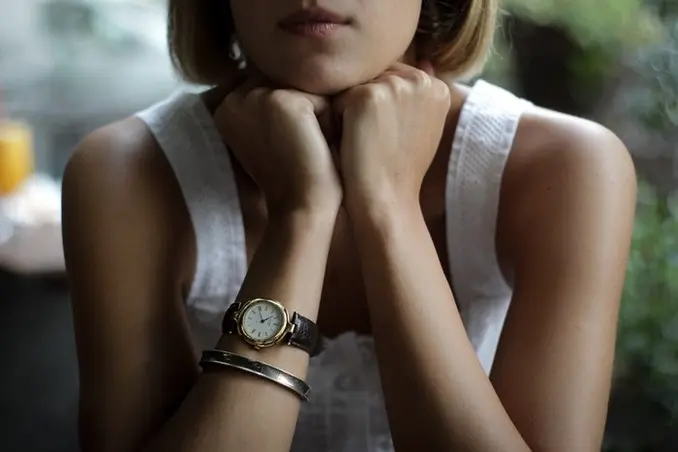Embracing Probiotics for Happy Bees and Me!

-Contemplating once more.
Hey Bee Buddies! ✨ So, picture me, deep in research on the mysterious Colony Collapse Disorder (CCD). Guess what I stumble upon? A buzzing Beesource discussion about the potential wonders of probiotics for bees. Now, this totally knocked me off my chair because probiotics have worked wonders for my own health journey. Could it do the same for our adorable honeybees?
Probiotics and Bees?
If probiotics can do wonders for us humans, imagine the impact on our buzzing buddies! I mean, honeybees are like nature’s electric detectives, zipping into places I can’t even reach. With their simple immune systems and the broodnest acting like a chemical playground, maintaining a balance of Lactobacillus-based fermentation is crucial for their nutrition and food prep.
I can’t help but think that bees might be more vulnerable to a probiotic imbalance than I am.
Is it Natural?
Natural beekeeping is a craft, a dance with these incredible creatures. It’s more than just letting them be; it’s about intelligently managing their environment. In the wild, bees are exposed to a plethora of probiotic critters, establishing, maintaining, or replenishing the ones they need. But is that still the case in our modern world? Could something in our environment disrupt this delicate balance, even if we keep chemicals and drugs out of our hives? Adding probiotics might just restore something we unintentionally took away. Sounds pretty important, right?
As Michael Bush points out in post #12 on Beesource, the microbial relationships in a honeybee are anything but simple. They might be even more crucial for these little guys than they are for complex creatures like us. Introducing bees to probiotics wouldn’t be adding anything new to their natural environment. Could it be beneficial? Well, I don’t have all the answers, but it’s worth exploring.
Tim Hall suggests protecting a hive’s environment so that these microbial relations can thrive—an idea I totally resonate with. Some beekeepers use bleach in sugar syrup or as a hive disinfectant, but I have a hunch it might have some long-term negative effects.
Probiotics, Which Ones?
Now, which probiotics suit our bees best? The answer eludes me, and it’s probably a fascinating area for a budding bee PhD candidate to explore. Perhaps looking at the fermentations used to preserve pollen or delving into bee digestion could be a starting point. I don’t have all the info, but hey, maybe you’re the one to crack this code!
What’s a Beekeeper to Do?
First and foremost, let’s cherish and safeguard those natural relationships thriving in our hives. No adding or treating with anything that might upset or destroy them, deal?
Second, let’s get savvy in this realm. Stay updated on the latest research and see how it can apply to our beekeeping practices. Could a probiotic emerge from bee bread? The possibilities are buzzing!
Inspired by my journey with small cell and natural comb, where seemingly small changes impacted honeybee health, I’m intrigued. Inoculating a hive with probiotics sounds like an easy, must-try experiment. And heck, if it doesn’t do much for them, I know it’s benefiting me!
I’ll keep you posted on my little experiment.
Big shoutout to Baithe for sparking the probiotic thread on Beesource. Probiotics have been a game-changer for me, and I would’ve never considered their potential for bees without this discussion.
My Own Tiny Test
In early spring, I graded my hives—strong, average, below average, weak. This year, I spontaneously sprayed the below-average hives with slightly diluted, about 30%, solution of overly ripe kombucha. No plans, just observing their initial reaction. After that, I left them be, no more meddling or observations.
To my surprise, when I checked ten weeks later, the below-average hives had a full super of honey, while the others, even those with larger bee populations, hadn’t even entered the supers. Quite the unexpected outcome! I almost forgot about the kombucha until I reviewed my notes a week later.
Why Kombucha?
Why kombucha, you ask? Well, it was a bit of a shot in the dark. Life is interconnected, and since all living beings share similarities in needs and functions, kombucha felt like a decent first guess.
Few beekeepers might admit that honeybees are found sipping their own probiotic drink at the base of a compost or manure pile, sometimes even favoring it over a clean water source nearby. Could it be that certain compounds found in the bees’ natural probiotic drink have become harmful due to modern agricultural practices?
I pondered this while considering a probiotic source. Despite the existence of compost/manure tea, something about our perception of pure and natural honey got in the way. For some reason, introducing kombucha into a hive felt more appropriate than compost/manure tea.
We’ll undoubtedly gain more insights when the ARS folks delve into the details.
-Buzzing with Excitement, D 🐝🤠
